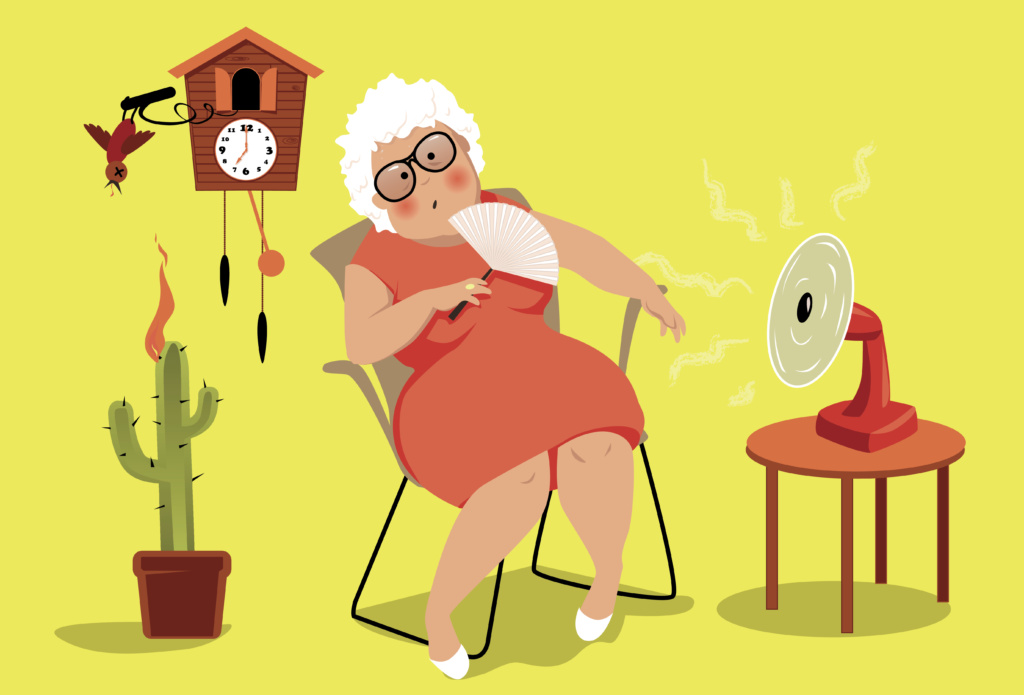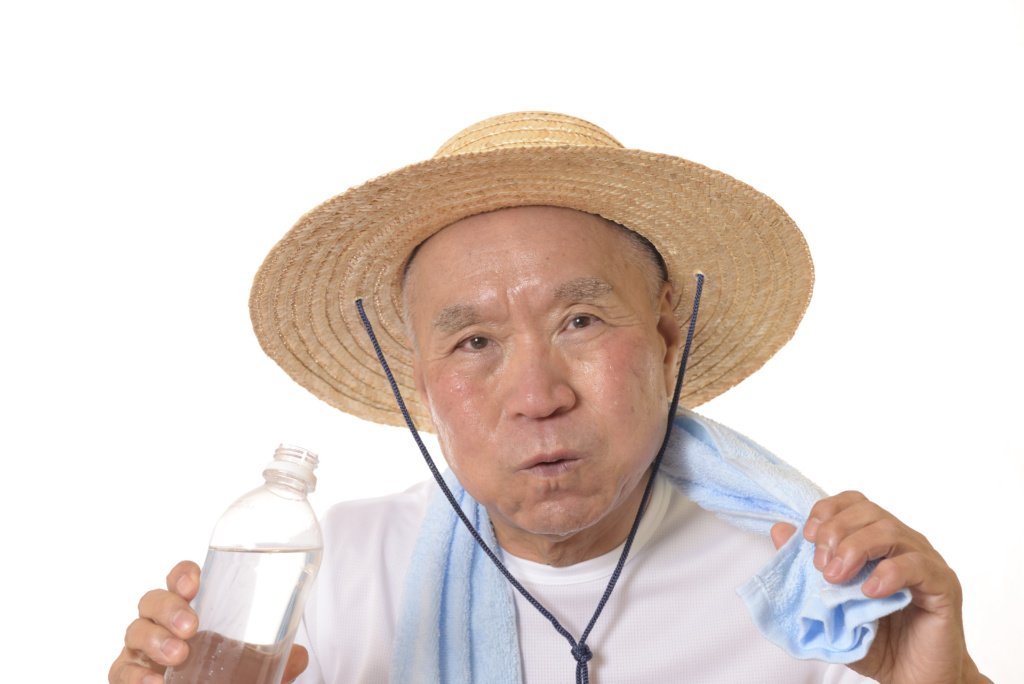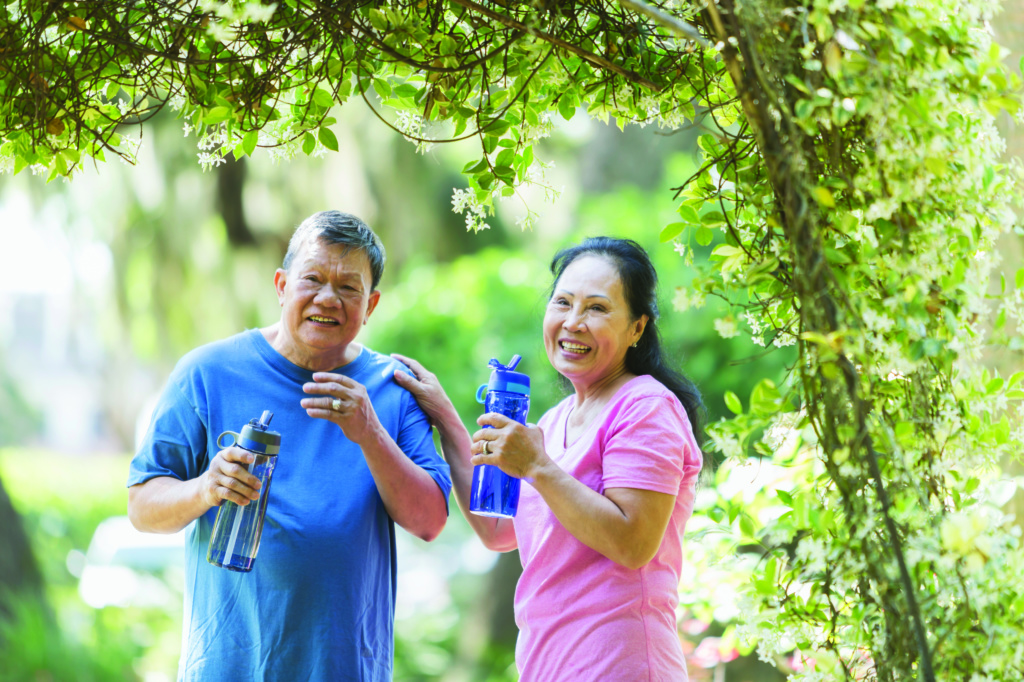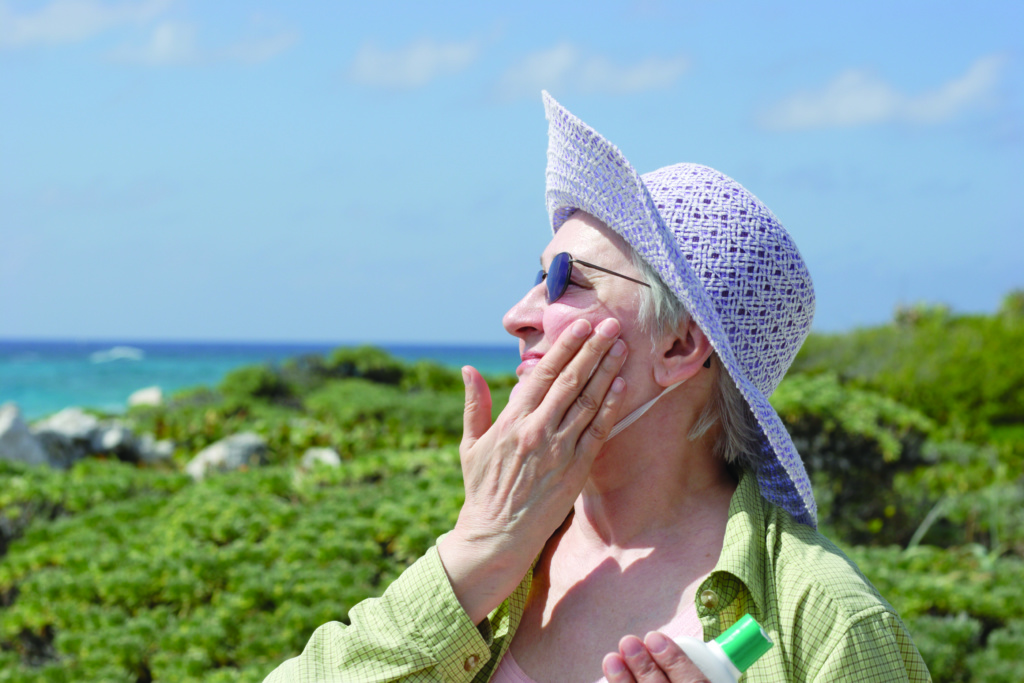Summer Heat
Article provided by | Adult Protective Services/Texas Dept. of Family & Protective Services (DFPS)
According to the Centers for Disease Control, hundreds of people across the United States die and millions are at risk of getting sick every year from heat-related illnesses. Most of these occurrences are preventable if only people understood more about the dangers of heat and dehydration, especially in vulnerable populations.
Protecting adults who are elderly or have disabilities from summer heat is everybody’s business. If you know a vulnerable adult who is in danger due to the heat, contact the Texas Abuse Hotline at 1-800-252-5400 or report the incident online at https://www.txabusehotline.org. If you believe it is a life-threatening emergency, dial 911.
Heat Related Illness and Heat related medical conditions include heat stroke, heat exhaustion, heat cramps, sunburn, and heat rash.
Heat exhaustion occurs when a body has lost a lot of its fluids through sweating, and, as a result, the body overheats. Signs include heavy sweating, pale complexion, muscle cramps, tiredness, weakness, dizziness, headache, nausea, vomiting, fainting, skin may be cool and moist, fast and weak pulse, or fast and shallow breathing.
If untreated, heat exhaustion may progress to heat stroke, which is a life threatening medical condition that can result in damage to the brain and other organs.
Of all people who die of heat stroke, about 80 percent are age 50 or older. Deaths attributed to diabetes, lung disease, and hypertension increase more than 50 percent during heat waves. Heat stroke occurs 12 to 13 times more frequently in people age 65 and older than in younger persons.
Elderly people are more susceptible to heat exhaustion and heat stroke because they:
◆ begin to sweat at higher body temperatures and less effectively than younger people – their sweat glands do not function as well;
◆ are more likely to have medical conditions that upset normal body responses to heat. These include any thyroid diseases, high blood pressure, heart/circulatory problems, and chronic illnesses such as lupus;
◆ are more likely to take medications that cause mouth dryness, increase sensitivity to the sun, change ability to reason, or impair the body’s ability to regulate temperature or perspire. These include diuretics, antibiotics, antidepressants, anti-psychotics, nonsteroidal anti-inflammatory drugs, sedatives, and antihistamines;
◆ and are more susceptible to other risk factors such as mental illness, alcoholism, impaired self-care ability, and unavailability of air conditioning.
What You Can Do If You Are An Adult Who Is Elderly Or Has Disabilities:
◆ If possible, stay in an air-conditioned area, either at home or in a public place such as a mall, library, or recreation center. If air conditioning is not available, pull shades over the windows and use cross-ventilation and fans to cool rooms.
◆ Drink plenty of fluids, but avoid drinks with alcohol, caffeine, or a lot of sugar. Don’t wait until you are thirsty.
◆ Start drinking fluids at least 30 minutes before going out.
◆ Plan strenuous outdoor activity for early morning or evening when the temperature is lower.
◆ Take frequent breaks when working outside.
◆ Wear sunscreen SPF 15 or higher, wide-brimmed hats, and light-colored, loose-fitting clothes.
◆ Eat more frequently, but be sure meals are well balanced, cool, and light.
What You Can Do to Help Protect Adults Who Are Elderly or Have Disabilities:
◆ Visit them at least twice a day and watch them for signs of heat exhaustion or heat stroke.
◆ Take them to air-conditioned locations if they have transportation problems.
◆ Make sure they have access to an electric fan whenever possible.
◆ Many APS offices have organized resource rooms to distribute items to the elderly such as donated fans.
To find out how you can help, contact the DFPS Volunteer Services Coordinator nearest you – a list is available at www.volunteerdfps.org



